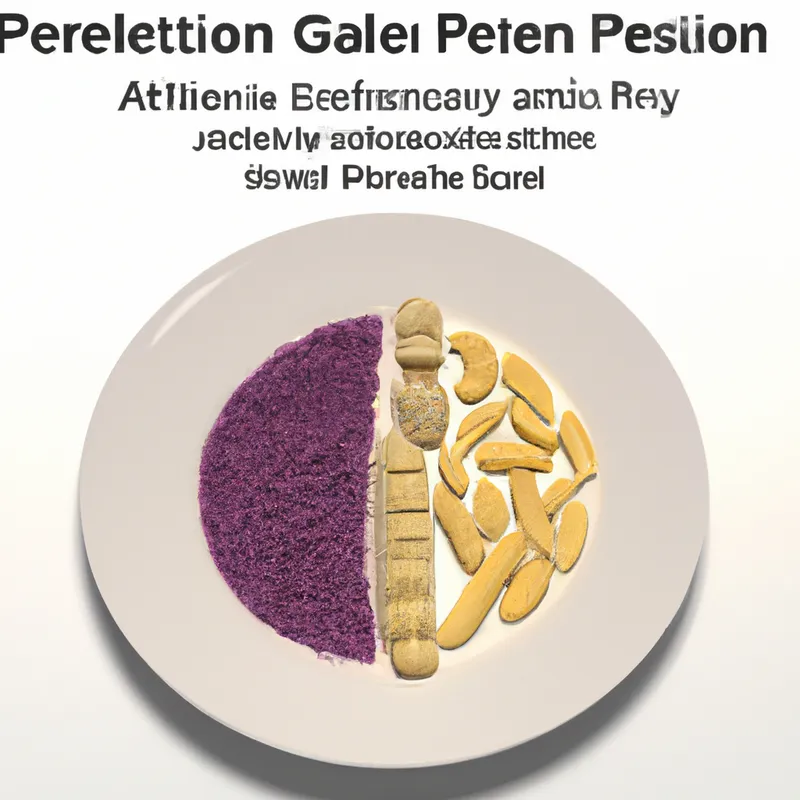Revolutionize Your Meals with Genetic Guidance
Personalized Nutrition for Aging: How Genetics Can Inform Dietary Choices
Aging alters our bodies and health. Our nutritional needs shift, and nutrient absorption often declines. We must adapt our diets to these changes. Personalized nutrition tailors food choices based on genetics. Understanding our genetic makeup helps us enhance health and well-being as we age.
Understanding Genetics and Nutrition
Genetics significantly affects how our bodies process food. Each person has a unique genetic profile influencing metabolism and nutrient absorption. Some people may experience lactose intolerance due to genetic variations, while others metabolize carbohydrates differently. These factors determine how efficiently our bodies use nutrients, making customized diets essential.
Research shows gene variants can impact nutrient needs and food responses. For instance, MTHFR gene variations affect folate metabolism. Individuals with certain MTHFR polymorphisms may need more folate-rich foods or supplements. Understanding these genetic insights enables informed dietary decisions aligned with personal nutritional needs.
Tips for Personalized Nutrition
1. **Get Genetic Testing**: Start with genetic testing to analyze markers related to nutrition and metabolism. These tests reveal how your body processes macronutrients, vitamins, and minerals, laying the groundwork for tailored dietary choices.
2. **Consult a Professional**: After receiving genetic results, consult a registered dietitian or nutritionist. They can interpret your data and create a personalized nutrition plan. Their expertise helps ensure your choices align with your genetic profile and health goals.
3. **Focus on Whole Foods**: Prioritize whole, nutrient-dense foods in your diet. These foods provide essential vitamins, minerals, and antioxidants that support health. Incorporate various fruits, vegetables, whole grains, lean proteins, and healthy fats into meals. Whole foods often contain more beneficial nutrients than processed options.
4. **Monitor Your Body’s Response**: Notice how your body reacts to different foods. Keep a food diary to track energy levels, digestion, and overall well-being. This information helps refine your diet and make choices that suit your unique needs.
Advice for Implementing Personalized Nutrition
1. **Adjust Macronutrients**: Use genetic insights to modify your intake of carbohydrates, proteins, and fats. Research indicates some people thrive on higher protein diets, while others benefit from increased carbohydrates. Fine-tune your macronutrient ratios for optimal health.
Conclusion
In summary, understanding genetics empowers personalized nutrition. Tailoring dietary choices based on genetic insights enhances health and well-being as we age.
Below are related products based on this post:
FAQ
How does genetics influence my nutritional needs as I age?
Genetics plays a significant role in how our bodies process food, affecting metabolism and nutrient absorption. Individual genetic profiles can determine how efficiently we utilize nutrients, leading to variations in dietary needs. For example, some individuals may require more folate-rich foods due to specific genetic markers, influencing personalized dietary choices as we age.
What steps should I take to create a personalized nutrition plan?
To create a personalized nutrition plan, start with genetic testing to analyze your nutritional markers. Once you have your results, consult a registered dietitian or nutritionist who can help interpret the data and design a tailored plan. Additionally, focus on incorporating whole, nutrient-dense foods into your diet and monitor your body’s response to refine your choices further.
Why is it important to prioritize whole foods in my diet?
Whole foods are essential because they provide vital vitamins, minerals, and antioxidants that support overall health. Unlike processed foods, which may lack beneficial nutrients, whole foods offer a more nutrient-rich profile, helping to meet the unique dietary needs that arise as we age. Incorporating a variety of fruits, vegetables, whole grains, lean proteins, and healthy fats can enhance your well-being.















Post Comment